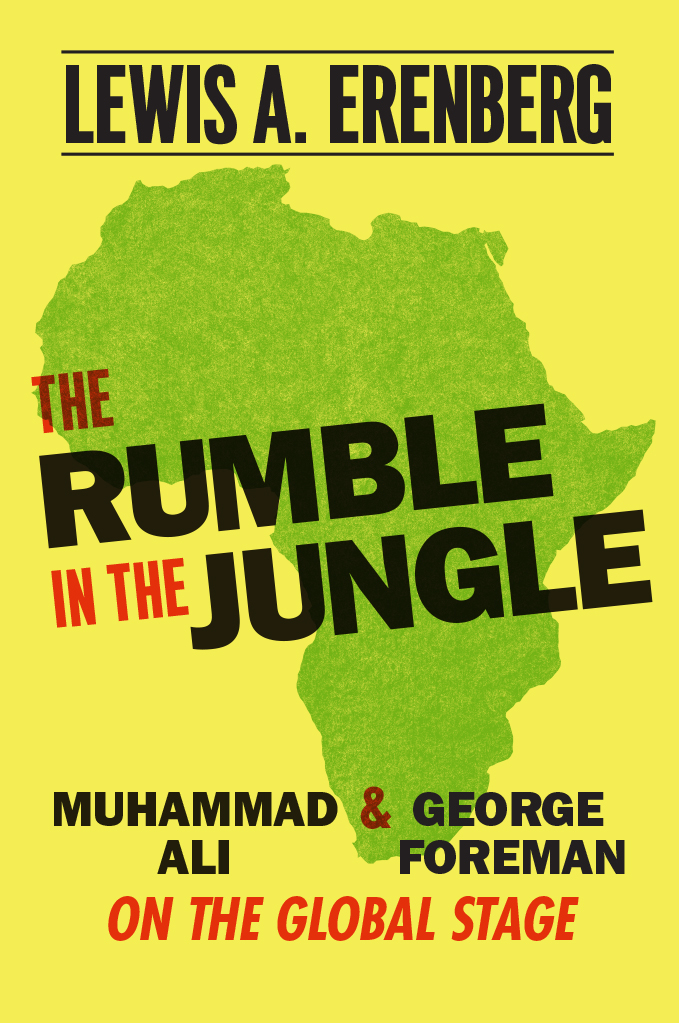
THE RUMBLE IN THE JUNGLE
THE RUMBLE IN THE JUNGLE
Muhammad Ali and George Foreman on the Global Stage
LEWIS A. ERENBERG
The University of Chicago Press
Chicago and London
The University of Chicago Press, Chicago 60637
The University of Chicago Press, Ltd., London
2019 by The University of Chicago
All rights reserved. No part of this book may be used or reproduced in any manner whatsoever without written permission, except in the case of brief quotations in critical articles and reviews. For more information, contact the University of Chicago Press, 1427 E. 60th St., Chicago, IL 60637.
Published 2019
Printed in the United States of America
28 27 26 25 24 23 22 21 20 19 1 2 3 4 5
ISBN-13: 978-0-226-05943-3 (cloth)
ISBN-13: 978-0-226-05957-0 (e-book)
DOI: https://doi.org/10.7208/chicago/9780226059570.001.0001
Library of Congress Cataloging-in-Publication Data
Names: Erenberg, Lewis A., 1944 author.
Title: The rumble in the jungle : Muhammad Ali and George Foreman on the global stage / Lewis A. Erenberg.
Description: Chicago ; London : The University of Chicago Press, 2019. | Includes bibliographical references and index.
Identifiers: LCCN 2018043830 | ISBN 9780226059433 (cloth : alk. paper) | ISBN 9780226059570 (ebook)
Subjects: LCSH: Ali, Muhammad, 19422016. | Foreman, George, 1949 | BoxingSocial aspects. | BoxingSocial aspectsUnited States. | African American boxers. | Boxing matchesCongo (Democratic Republic)Kinshasa. | BoxingUnited StatesHistory20th century.
Classification: LCC GV1136.8 .E75 2019 | DDC 796.83092/2 [B]dc23
LC record available at https://lccn.loc.gov/2018043830
 This paper meets the requirements of ANSI/NISO Z39.48-1992 (Permanence of Paper).
This paper meets the requirements of ANSI/NISO Z39.48-1992 (Permanence of Paper).
This book is dedicated to the ones I love:
Marcelo Lpez Erenberg and Oriana Lpez Erenberg
CONTENTS
Image galleries follow .
This project has developed over a number of years. Along the way I have benefited from the help and support of many different friends, colleagues, and scholars, in addition to several important institutions. When I was first beginning the research for this book, Loyola University Chicago awarded me a research leave, which provided me with time away from teaching and committee work. In addition, the Interlibrary Loan librarians at Loyola University, including Jane Currie, Avril deBat, and Victoria Lewis, made my task so much easier by quickly filling my orders for newspapers, periodicals, and books critical to this study. Equally important, the Joyce Sports Research Collection: Boxing, housed in the Rare Books and Special Collections of the Hesburgh Libraries of Notre Dame University had a full run of The Ring, the bible of boxing, which allowed me to follow Muhammad Ali and George Foreman, as well as their boxing contemporaries, across their careers. The Joyce Collection also holds a wide array of boxing publications from the United States and elsewhere that are devoted specifically to the Rumble in the Jungle. I owe a special thanks to George Rugg, curator of special collections and his staff for going out of their way to welcome me, making sure that I saw sources critical for my study, and copying materials from the Joyce Collection when it became clear that I would not be able to take notes on all their documents in the time I had allocated for research at Notre Dame. I would also like to thank Erika Doss, then chair of American studies at Notre Dame, and her husband, Geoffrey, for putting me up in their home while I conducted my research in South Bend. Early on, my former graduate student, Lindsay Hug, provided some of the spark for this project when he gave me a VHS of When We Were Kings.
Because of health problems that made travel and research away from home difficult, I relied on research assistants for gathering materials at the National Archives in College Park, Maryland, and the Library of Congress in Washington, DC. I want to thank Elliot Gorn for putting me in touch with Mason Farr at George Mason University, who then found Lee A. Ghajar, for research at the National Archives, and Chris Elzey, who collected and digitized materials about the fight in the international, especially the African, press. I would also like to thank the staffs of the Library of Congress and Amy Reytar of the National Archives for their cooperation. The staff at the National Archives helped me find digitized communications between the American embassy in Zaire and the State Department. Once I had stories from the international press, I realized that my long-ago ability in French was not adequate to the task. To the rescue David Pankratz, a friend and director of the Language Learning Center at Loyola, put me in touch with Danielle Gould, who began the translation of the Francophone press. Along the way an old friend, Howard Sanchuck, chipped in, as did another friend, Malcolm Bush, for the Angolan press. Thomas Greene helped out as well. My greatest debt for the translations, however, I owe to Bernard Graham-Betend of Belles Lettres Global Communications, who undertook the bulk of the translations in a timely and affordable fashion. I would also like to give special mention to Tricia Gesner at AP Photos, who along with her researchers, Susan Boyle and Stephen Ciaschi, helped me find images suitable for this book at a reasonable price. Early on Kevin Gaines, of the University of Michigan, suggested useful sources, as did Patricia Ogedengbe, the librarian of Africana at the Melville J. Herskovits Library of African Studies at Northwestern University.
A number of other people deserve special mention. Steve Riess of Northeastern Illinois University and Gerald Gems of North Central College invited me to present an early version of the project at the Newberry Library Sports History Seminar in Chicago, where I received valuable comments. Steve and Gerald deserve thanks as well for serving on a panel with me at the North American Society for Sports History in Orlando, Florida, where the audience response was both helpful and very positive. Thanks also go to the Journal of Sport History 39, no. 1 (2012), for publishing an early version of this project, Rumble in the Jungle: Muhammad Ali vs. George Foreman in the Age of Global Spectacle, as well as Gerald Early, who invited me to publish a different piece, Echoes from the Jungle: Muhammad Ali in the Early 70s, in the Cambridge University Companion to Boxing (forthcoming from Cambridge University Press).
Many friends and colleagues helped in a variety of ways. My dear friend Lary May read several drafts of an article that served as the genesis of this project. His insightful suggestions, especially regarding organization, helped strengthen this book. Another old friend, Clarke Halker, offered suggestions on selective parts of the manuscript. I would also like to acknowledge the anonymous readers of the manuscript for the University of Chicago Press, whose suggestions helped improve this book. Even more than in the past, Susan Hirsch has contributed mightily to the completion of this work. She went over several drafts of the manuscript with a fine-toothed comb, eliminating repetition, suggesting reorganizations, and pointing out problematic interpretations. In addition, she has continued to provide the love and support that has sustained me during the writing of this book and throughout the forty years of our married life. I could not have done it without her.
Early on my research assistants Dan Platt, Ebony Dejesus, and Basil Saleem dug up loads of material for me. A special thanks to them and an even bigger one to my son, Jesse Hirsch Erenberg, who took it upon himself to garner important sources in the various clipping files at the Schomburg Center for Research in Black Culture in New York City, as well as materials from their extensive collections of the African American press, most notably
Next page
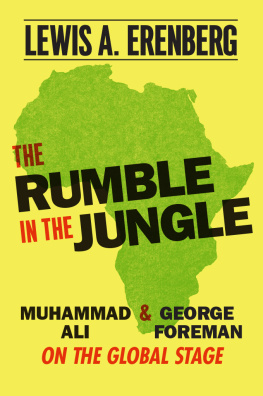

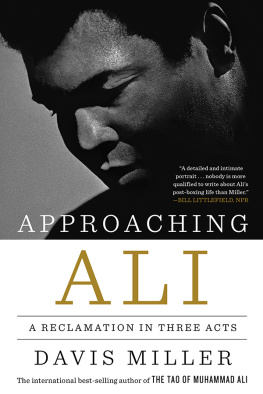
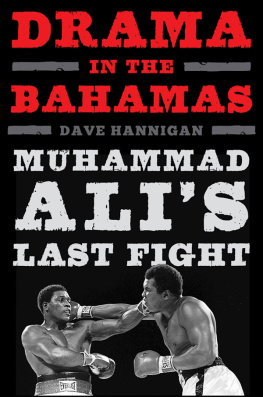
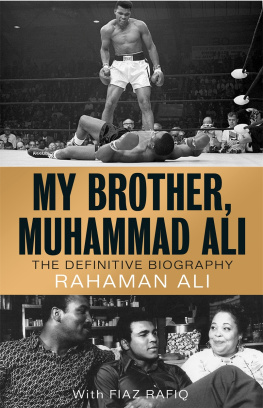
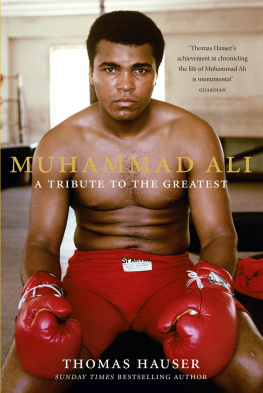


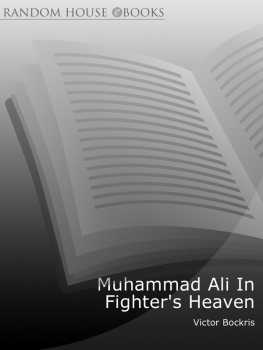
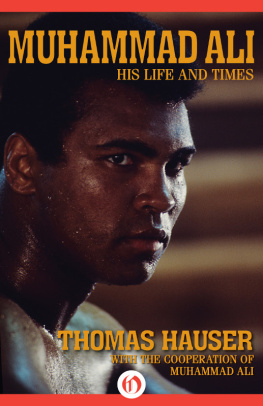

 This paper meets the requirements of ANSI/NISO Z39.48-1992 (Permanence of Paper).
This paper meets the requirements of ANSI/NISO Z39.48-1992 (Permanence of Paper).